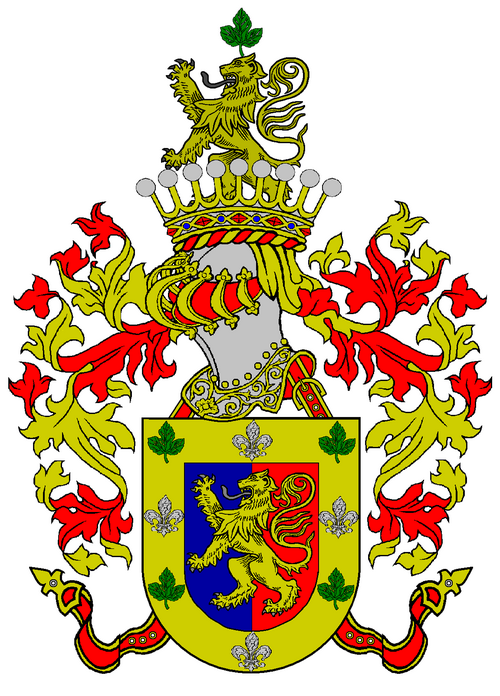MOVIE REVIEWS
 Review by Filipe Manuel Neto
Review by Filipe Manuel Neto
**French-style grotesque surrealism, in a film with style but no content.** I think I got to know Jean-Pierre Jeunet in the same way as almost everyone who doesn't follow French cinema at the same time: through the film “Amelie”. The film brought the director international and is unanimously considered his greatest and most relevant work. Given how much I liked this movie, I decided to see this one, but my experience was different. If “Amelie” was magical and beautiful, this film is much more uninteresting. It was treated like a surreal nightmare: it's a story about a butcher who occasionally sells human flesh in a dystopian future. Regardless of how much I felt disgusted by the aesthetics adopted in the film and by its bizarre theme, there is no doubt that it was a work with notes of quality: the degradation of buildings and the environment symbolizes or synthesizes the degradation of morals and values. The cacophony of sounds and images, between the dreamlike and the grotesque, is purposeful and intense (for example, that moment when the sound of bed springs where a couple makes love mixes with the sounds of a girl practicing the cello or from another neighbor who paints the ceiling of his apartment). The director's marks of talent, the quality we saw in “Amelie” is here, but distorted and adapted to a much less sympathetic film project. The film has good actors and the performance of each of them helps the film to become a little more palatable. Dominique Pinon stood out the most: he knows how to balance between seriousness and hilarity, and has a body and facial expressiveness that is remarkable. Jean Claude Dreyfus also deserves a positive note, while Marie-Laure Dougnac doesn't seem to me to have anything relevant to do other than appear ethereal, diaphanous as a mirage. Being a film that cares more about style than content, it also presents us with a very sharp and stylized cinematography: I must say that I admired the camera angles and the filming work, quite original, but that I don't particularly like the color, where an ocher tone made the film excessively brown. And despite the efforts, the soundtrack is one of those innocuous elements, which neither enhances nor harms the film because it does not deserve our attention in a relevant way.
 Review by CinemaSerf
Review by CinemaSerf
I did really quite enjoy this film, but I'll be honest - half the time I had no idea what was going on! From the start I expected Steven Sondheim's "Mrs. Lovett" to be working on her pies downstairs, beneath the shop of "Clapet" (Jean-Claude Dreyfus). They all live in a France where food is very scarce and people have an habit of disappearing without trace! He also owns a rather dilapidated block of flats next door and he needs a janitor. Enter the poor, unsuspecting, "Louison" (Dominique Pinon) who needs a place to stay. He used to be a clown, but now the joke is very much on him as he meets the intimidating "Mlle. Plusse" (Karin Viard) and the escapades begin in earnest. To the chagrin of her father, he quickly falls in love with the daughter of the house "Julie" (Marie-Laure Dougnac) and in order to save their burgeoning romance, she has to seek the assistance of a subterranean section of society called the "Troglodytes" but more resembling a society of oilskin-clad moles. These folks live a scavengers life, ferreting around for grain and corn where they can find it. As "Louison" closes in on the secret of his employer, and his relationship with "Julie" becomes more serious, they must take to the bathroom and hope rescue comes before the hatchet falls a bit too close to home! I don't usually do surreal so well, but this is really quite an enjoyable farce of a film to watch. The characters - well, most of them, have just enough of an anchor in reality to keep it in this dimension; Dreyfus and his sidekick bring quite an entertaining hint of menace and there's a great scenes with Pinon and a knife through his head on a plate! Oddly enough, it does make more sense as it proceeds - it's just not always that obvious! Quirky and entertaining. Give it a go.